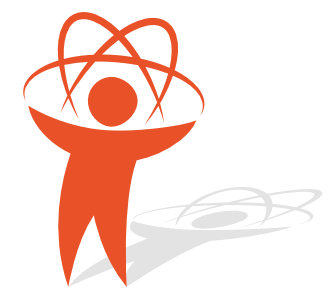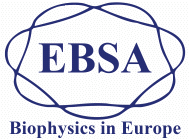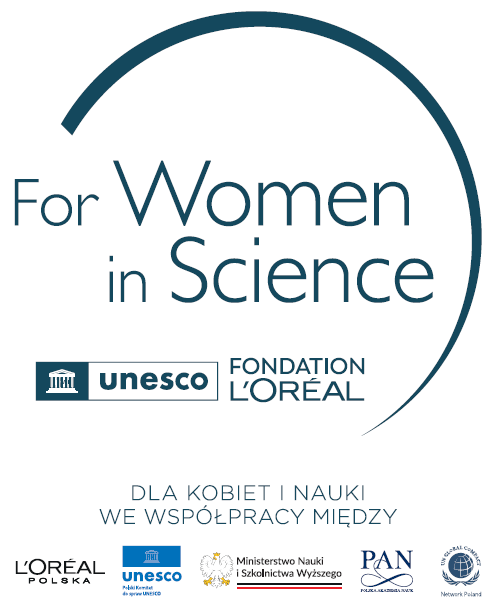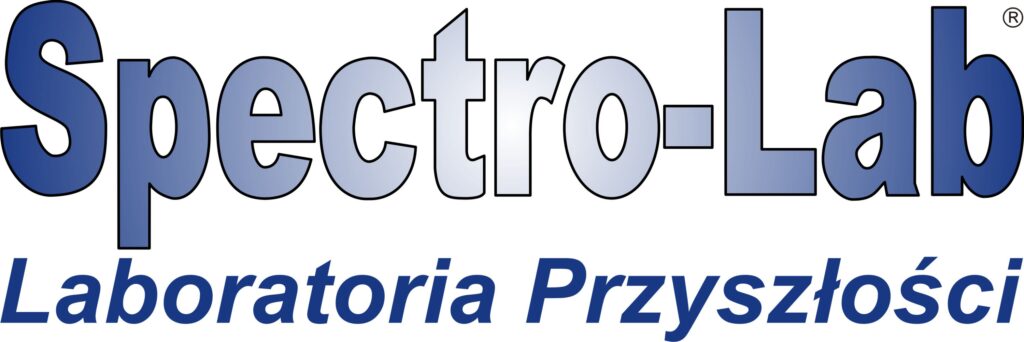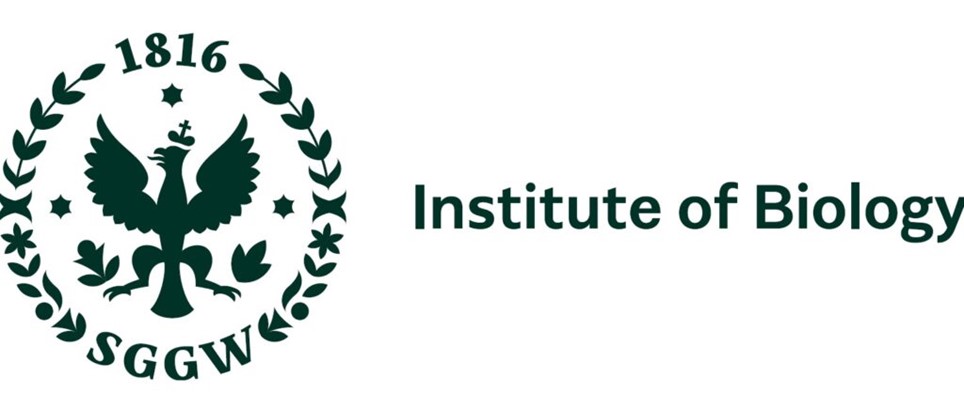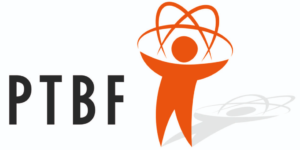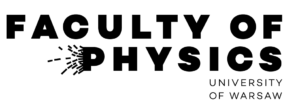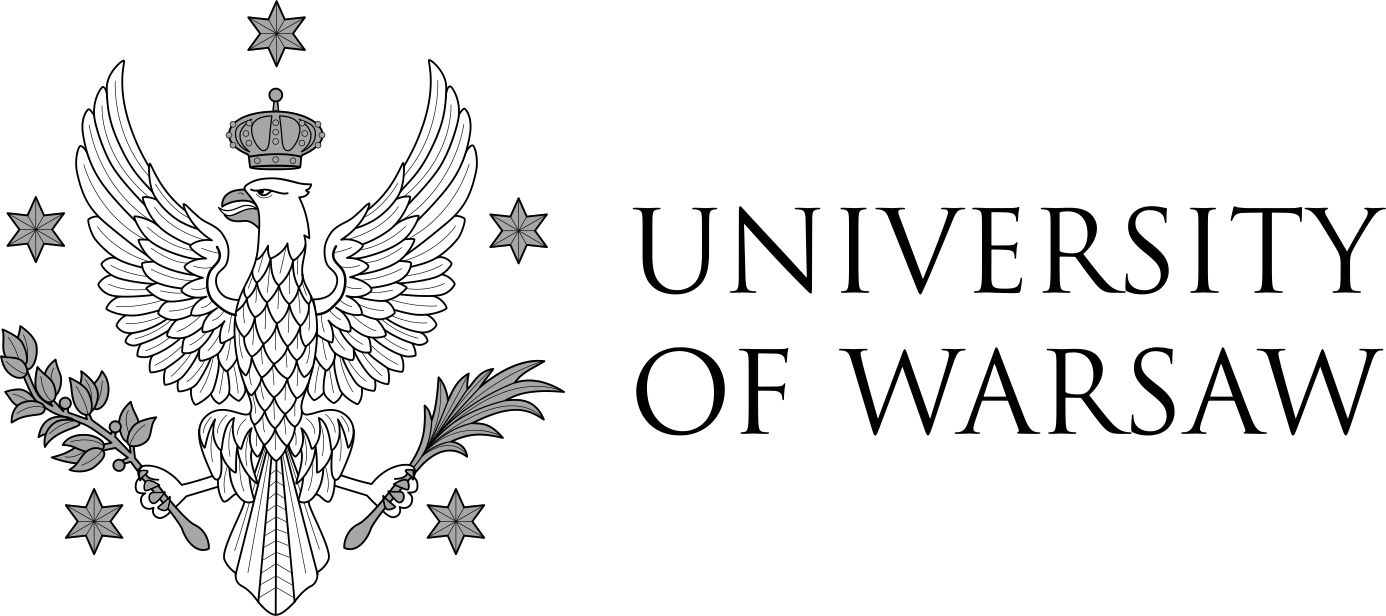
Early Registration deadline:![]() April 25, 2025
April 25, 2025
Regular Registration deadline:![]() May 15, 2025
May 15, 2025
Abstract submission deadline:![]() May 15, 2025
May 15, 2025
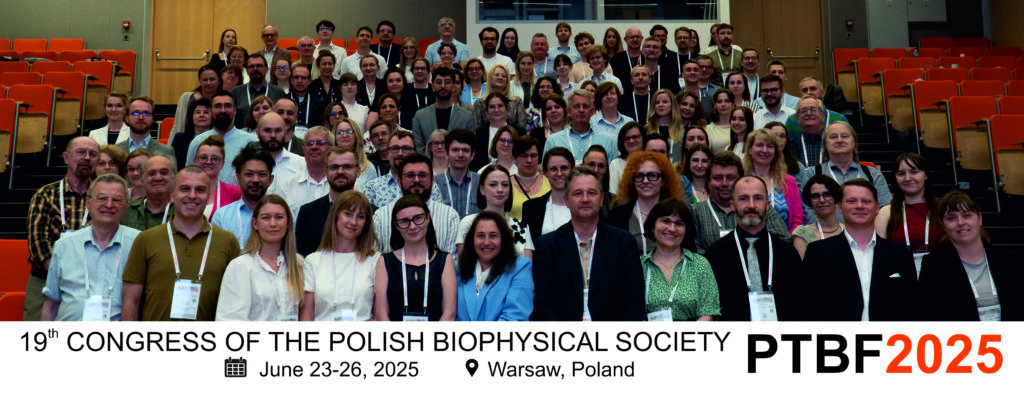
Photo by Patrycja Chuchała
EUROPEAN BIOPHYSICS JOURNAL
All Authors of accepted Congress abstracts are encouraged to submit full-text papers to the Special Issue of European Biophysics Journal.
More information here.
CONFIRMED INVITED SPEAKERS
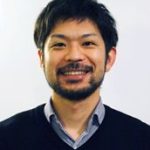

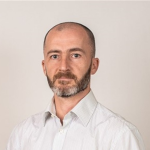
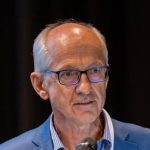
Yusuke Azuma
Yusuke is leading a research group that is developing protein cage-based bionanotechnology at Malopolska Centre of Biotechnology, Jagiellonian University, Krakow, Poland. His research team seeks to design and build artificial organelle-like subcellular compartments through reengineering of naturally occurring protein cages for prospective applications in catalysis and delivery.
Andrea Barberis
Barberis’ lab focuses on the study of the interaction between glutamatergic and GABAergic synapses at dendritic level. In particular he combines electrophysiology, two-photon laser scanning microscopy, and optogenetics to understand how the dendritic spatial distribution of different glutamatergic and GABAergic inputs shapes the neuronal output of pyramidal cells of the ventral hippocampus during valence coding.
Artur Biela
Structural biologist, currently Head of the cryo-electron microscopy facility at NSRC SOLARIS at Jagiellonian University and coordinator of Biomedical Research. Personally interested in synthetic biology, virus capsids, virus-like particles and designed protein cages, but involved in large number of projects, where cryoEM is a crucial tool to decipher assembly and architecture of biomacromolecules.
Zbigniew Brzózka
Prof. Zbigniew Brzózka is employed as a tenured professor by the Faculty of Chemistry, Warsaw University of Technology (WUT). Since 2018 he has been Head the Chair of Medical Biotechnology, he is also leading of priority research field of biotechnology and biomedical engineering in Warsaw University of Technology.
Prof. Brzózka is an elected member of the Committee on Analytical Chemistry of the Polish Academy of Sciences, he has been the chairman the 27th International Conference on Miniaturized Systems for Chemistry and Life Sciences in Katowice, October 2023, the most prestigious conference in the „Lab-on-a-Chip” area. Since 2008, he has been the editor of Sensors & Actuators B, Chemical.
He created research teams in the field of chemical sensors and miniaturized analytical systems, successively membrane ion-selective electrodes (ISE), chemically modified field transistors (ISFETs, CHEMFETs), fiber optrodes, and more recently miniaturized Lab-on-a-Chip microsystems, Cell-on-a-Chip and Organ-on-a-Chip devices.
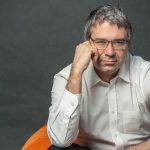
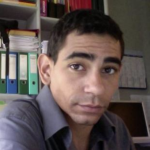
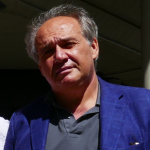

Teodor Buchner
Teodor Buchner is an active researcher in the wide area of complex systems, representing Faculty of Physics, Warsaw University of Technology. His research interests are focused on application of models and tools of statistical and nonlinear physics in various application fields: from clinical science, through biophysics, biochemistry, and generally basic science, to cybersecurity and telecommunication. His main results so far are: PhysECG – a physically motivated projection of the ECG signal as well as experiments and models in human physiology, ranging from magnetic imaging of cardiac activity to noninvasive measures of cardiorespiratory and cardiovascular dynamics and cerebral autoregulation.
Jacques-Philippe Colletier
Jacques-Philippe Colletier is a team leader at the Institute of Structural Biology in Grenoble, France. His team focuses on serial nanocrystallography, with the aim of developing expertise in all its aspects, from nanocrystal production and evaluation to sample presentation, data collection, data processing and fine structure analysis. The team is using these tools in combination with other biophysical methods, to study naturally crystalline insecticidal proteins, which are environmentally sound alternatives to chemical pesticides. They also apply time-resolved structural methods to study the photoactivation mechanism of the orange carotenoid protein, a light-modulated light-harvesting off-switch in cyanobacterial cells.
Sabato D’Auria
Dr. Sabato D’Auria is director of research at the National Research Council of Italy (CNR) and the head of the Laboratory of Molecular Sensing at the Institute of Food Science in Avellino, (near Naples), Italy.
The scientific interests of dr. D’Auria’s Lab are the identification, isolation, production, manipulation and biophysical characterization of biomolecules to use as stable and specific probes for the design and realization of advanced sensing devices.
Adam Kłosin
Dr Adam Kłosin, originally from Gdynia, completed his PhD in 2016 under the supervision of Prof. Ben Lehner at the Centre for Genomic Regulation, where he studied the mechanisms of epigenetic inheritance in the model organism Caenorhabditis elegans. He then moved to Dresden to train in biological phase separation in the laboratory of Prof. Tony Hyman at the Max Planck Institute of Molecular Cell Biology and Genetics. He has co-authored a number of publications in high-impact international journals, including two articles in Science and one in Nature Physics. In his research, he uses biochemical and biophysical methods to understand various aspects of gene regulation, such as transcription initiation and the control of protein expression variability. His recently established Laboratory of Spatial Epigenetics at the Nencki Institute of Experimental Biology combines biochemical methods and functional studies on C. elegans to study the regulation of gene expression during embryonic development and in stress response.
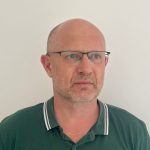
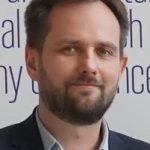


Piotr Koprowski
Piotr Koprowski is an Assistant Professor at the Laboratory of Intracellular Ion Channels at the Nencki Institute of Experimental Biology, Polish Academy of Sciences in Warsaw. He completed his postdoctoral training at the University of California, Berkeley, in the laboratory of Prof. Ehud Isacoff, where he advanced his expertise in the functional analysis of ion channels. He obtained his habilitation at the Nencki Institute, focusing on the cytoplasmic domains of the bacterial mechanosensitive channel MscS and their roles in gating and signal transduction.
Dr. Koprowski’s research is centered on the electrophysiology and molecular pharmacology of potassium channels, particularly ROMK2 and BK(Ca). His work explores channel structure–function relationships, protein–protein interactions, regulatory mechanisms, and pharmacology using a combination of patch-clamp electrophysiology, membrane biochemistry, and reconstitution into lipid bilayers and nanodiscs.
Piotr Korczyk
Dr hab. Piotr Korczyk is an associate professor at the Institute of Fundamental Technological Research of the Polish Academy of Sciences. He specializes in microfluidics and fluid mechanics, with extensive experience in droplet dynamics in microfluidic systems. He graduated in Physics, specializing in atmospheric physics, at the University of Warsaw and obtained his PhD at the Institute of Fundamental Technological Research of the Polish Academy of Sciences. He completed postdoctoral fellowships at the Institute of Physical Chemistry of the Polish Academy of Sciences and later at the University of South Australia under the Marie Curie International Outgoing Fellowship. His research focuses on droplet formation mechanisms, surface interactions, and the implementation of sequential logics in droplet flow. His work contributes to the advancement of microfluidic technologies and their applications in biological experiments and medical diagnostics.
Róża Kucharczyk
Graduated in molecular biology from the University of Warsaw. She earned her PhD in biochemistry in 2001 and did a postdoctoral fellowship in the laboratory of Prof. Jean-Paul di Rago at the Institute of Biochemistry and Cellular Genetics, CNRS, in Bordeaux, France. Since 2014 works as a professor at IBB PAS. Upon returning to Poland, she continued the research on the mechanisms of neurodegenerative diseases caused by mutations in the mitochondrial genome. For her research, she uses baker’s yeast, as it is one of the two organisms currently available where targeted modification of the mitochondrial genome is possible. In this area, she is a unique expert on a global scale. In her research, along with her colleagues, she described the pathogenesis mechanism for 24 mutations in the MT-ATP6 gene, which encodes subunit a of ATP synthase – the enzyme that produces ATP.
The second area of her research aims to understand how ATP synthase is regulated through post-translational modifications, particularly ampylation by the only identified ampylase in baker’s yeast so far – the Fmp40 protein. She is a co-author of 53 articles, most of which describe the molecular basis of pathogenesis caused by ATP synthase dysfunctions and the potential use of baker’s yeast as a model for the search for potential drugs. She was awarded the Minister of Education and Science Award in 2023 for research on the mechanisms of mitochondrial diseases and the creation of a system for selecting cellular proteins that are mainly located outside the mitochondria, but also have a pool located in the mitochondrial matrix.
Zbigniew J. Leśnikowski
Prof. Zbigniew J. Leśnikowski is currently a head of the Laboratory of Medicinal Chemistry at the Institute of Medical Biology PAS. He also serves as the head of the National Library of Chemical Compounds and is the coordinator of the POL-OPENSCREEN consortium. His research interests include the chemistry and modification of nucleic acids, nucleosides, and nucleotides with focus on boron cluster modifications, and their applications in molecular diagnostics and chemotherapy. Use of the modified oligonucleotides as therapeutic nucleic acids, building blocks for nanoconstruction, oligonucleotide probes, and boron carriers for Boron Neutron Capture Therapy of Cancers (BNCT). Nucleoside and nucleotide-boron cluster conjugates are studied as potential antiviral and anticancer agents and as modulators of purinergic receptors activity. He also contributed to developing the stereoselective synthesis of P-chiral DNA/RNA-oligonucleotides.

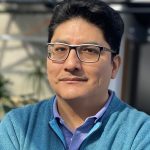
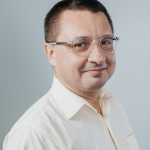

Ewelina Lipiec
Ewelina Lipiec is the head of the Biological Nanostructures and Nanomedicine research group at the Department of Physics of Nanostructures and Nanotechnology, Faculty of Physics, Astronomy, and Applied Computer Science, Jagiellonian University. Her research focuses on uncovering previously unexplored local structural properties of life’s fundamental molecules: nucleic acids, proteins, and lipids. She has successfully applied highly sensitive micro- and nanospectroscopic methods particularly those employing plasmonics which, in contrast to conventional analytical techniques, enable the probing of local molecular structures and compositions with exceptional precision.
In her work, Ewelina Lipiec integrates scanning probe microscopy with molecular spectroscopy, combining the nanometric spatial resolution of Atomic Force Microscopy (AFM) or Scanning Tunneling Microscopy (STM) with the chemical selectivity of Raman or infrared spectroscopy. This integration provides detailed chemical structural information on nanoscale sample volumes. This approach has pushed the boundaries of knowledge, enabling nanoscale-level monitoring of significant biological processes, such as domain formation in lipid layers, revealing the local molecular distribution of lipid molecules, their orientation, and phase separation, the aggregation of peptides related to neurodegenerative diseases, electron transfer through metalloproteins, DNA damage and repair mechanisms, interactions between DNA and chemotherapeutic drugs, and conformational changes in DNA.
Adolfo Poma
Adolfo Poma Bernaola is the group leader of the Multiscale Modelling of Complex Systems division at the Institute of Fundamental Technological Research, Polish Academy of Sciences. He received his PhD in soft matter physics in 2011 from the Max Planck Institute for Polymer Research and habilitation degree in biomedical engineering in 2024 in Poland. His research focus on the development of efficient computational approaches to capture large-scale conformational changes in biomolecular systems with applications in biomechanics, viral dynamics, protein stability, and neurodegenerative disease. As the main developer of the GōMartini model, he collaborates with Martini Force Field Initiative as well as single-molecule force spectroscopy groups across Europe, particularly on projects related to virus-cell interactions and the structural effects of point mutations in protein complexes.
Arkadiusz Sitek
I have experience in both academia and the private sector, driven by a strong motivation to improve healthcare outcomes through innovative medical research and applied science. My work is particularly focused on translational efforts that bridge the gap between theory and practice. My areas of expertise include the integration of data analytics, computational methods, and machine learning to advance the prevention, diagnosis, and treatment of diseases across a range of medical fields, including cardiology, oncology, and neurology. I hold a Master’s degree in biophysics from the University of Warsaw and a Ph.D. in medical physics from the University of British Columbia. I am currently an Associate Professor at Massachusetts General Hospital and Harvard Medical School, working on transforming healthcare through data-driven, human-centered applications.
Urszula Stachewicz
Urszula Stachewicz is a professor of materials science at AGH University of Krakow, Poland, where she leads the Electrospun Fibers Group. She earned her PhD from Delft University of Technology in the Netherlands, specializing in the electrohydrodynamics of liquids, with research conducted at Philips Research Laboratories in Eindhoven. Following her PhD, she pursued postdoctoral research at Queen Mary University of London, UK, and worked at the spin-out company Nanoforce Technology Ltd., focusing on polymer science and electrospun fibers. In 2018, she was a Visiting Fellow at the University of Cambridge in the Department of Materials Science and Metallurgy, where she expanded her expertise in piezo- and triboelectric materials. Her research centers on the surface and bulk properties of electrospun fibers for applications in biomedicine, water and energy harvesting, as well as in situ mechanical testing of synthetic and naturally structured materials. She has also pioneered advanced 3D tomography protocols using focused ion beam and scanning electron microscopy (FIB-SEM) for studying nanofibrous biomaterials and membranes. In 2020, Prof. Stachewicz was awarded a prestigious ERC Starting Grant for her groundbreaking research. More details about her work can be found at fibers.agh.edu.pl.
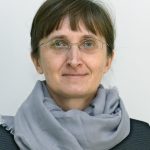
Joanna Urban-Ciećko
Joanna Urban-Ciećko is a head of the Electrophysiology lab at the Nencki Institute of Experimental Biology, Polish Academy of Sciences in Warsaw. She graduated in molecular biology at Jagiellonian University and obtained her PhD in neurophysiology at the Nencki Institute, then she underwent post-doctoral trainings at Medical University in Wroclaw and Carnegie Mellon University in USA.
Dr. Joanna Urban-Ciećko is an expert in electrophysiological methods studying mechanisms of synaptic transmission and brain plasticity. In her research, she uses cutting-age electrophysiological methods and optogenetic tools.
SECOND ANNOUNCEMENT
Invitation to participate in the 19th Congress of the Polish Biophysical Society (PTBF2025)
Ladies and Gentlemen, Members and Friends,
We would like to invite you to the 19thCongress of the Polish Biophysical Society, which will be held in Warsaw, Poland, on June 23-26, 2025, in the modern building of the Faculty of Physics at the University of Warsaw.
This year’s preliminary program for Congress is presented on the website. It is devoted to the issues of Nanomedicine – biophysical aspects, Biophysical insights into protein-ligand complex formation and interaction: techniques and applications, Biophysics of biological systems: from cells to tissues, Medicinal biophysics, Ion channel in the cell biophysics, Medical significance of proteins and nucleic acids, Spectroscopy – ideas, methods, and applications in life sciences, Biosensing and microfluidic systems for disease biomarkers detection in biomedical research, Biophysics of mitochondria, Protein dynamics, disorder, and phase separation, and Others. The final topics will be announced after receiving and verifying the submitted abstracts.
There is space for lectures by recognized researchers and oral and poster presentations by young scientists, the best of whom will be awarded.
We cordially invite scientists, doctoral students, and students dealing with biophysics and related sciences from the border of physics, chemistry, biology, and medicine to participate in the 19th Congress of the Polish Biophysical Society.
Organizing Committee of the 19th PTBF Congress
SPONSORS
Diamond Sponsor
Platinum Sponsor
Gold Sponsor
Bronze Sponsors
MAIN ORGANIZERS
HONORARY PATRONAGE
Professor Michał Zasada
Rector of Warsaw University of Life Sciences
Professor Alojzy Z. Nowak
Rector of University of Warsaw
